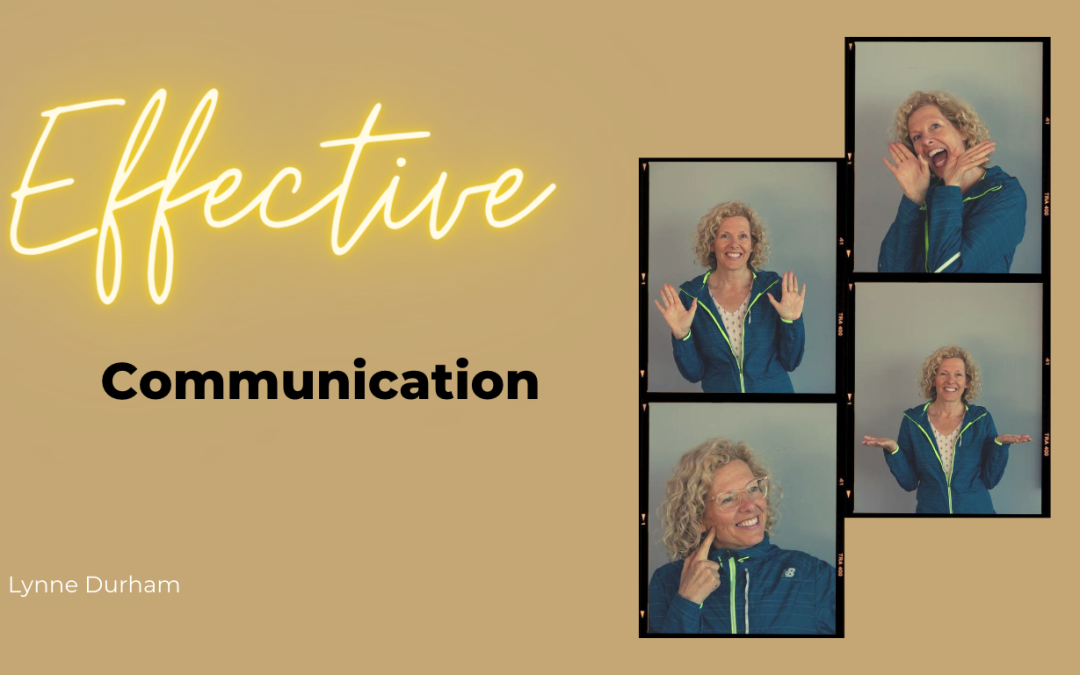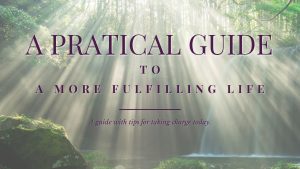Effective communication is an essential component of healthy and fulfilling personal & professional relationships.
Effective communication is key to improving relationships, whether at home with friends & family or in the workplace.
Communicating effectively helps build trust, intimacy, and understanding between people and can be a powerful tool for resolving conflicts and avoiding misunderstandings.
Research shows couples with solid communication skills are more likely to have satisfying and enduring relationships (Source: ABC News).
Effective communication is just as important in the workplace, leading to improved teamwork, productivity, and job satisfaction. Here are a few studies that highlight the value of effective communication in the workplace:
- A study published in the Journal of Applied Psychology found that effective communication was associated with increased job satisfaction and team cohesion in the workplace (Source: American Psychological Association).
- Another study published in the Journal of Business Communication found that effective communication was linked to higher levels of job satisfaction and lower levels of turnover intent among employees (Source: SAGE Publications).
- A review of research on communication in the workplace, published in the Journal of Business Communication, found that effective communication is associated with a range of positive outcomes, including increased productivity, higher job satisfaction, and better teamwork (Source: SAGE Publications).
This blog explores the role of communication in building and maintaining healthy relationships. I’ll offer tips and strategies for improving communication skills. I’ll also mention common barriers to effective communication and how to overcome them.
Effective communication is crucial for creating and maintaining healthy personal & professional relationships; it helps to create trust and intimacy between people.
Honesty and openness in communication with friends, loved ones, and colleagues demonstrate a willingness to be vulnerable and share personal thoughts and emotions.
Vulnerability creates a sense of closeness and connection that brings the feeling of closeness & helps develop a healthy relationship.
Effective communication is also important for resolving conflicts and misunderstandings when they arise. They often arise!
When we communicate openly and honestly, we can more easily understand each other’s perspectives and find common ground.
Things that aren’t said can create an impact; Being more open and honest with your communication helps prevent small issues from escalating into more significant problems and can help strengthen the bond between people.
Effective communication skills in relationships are improved by keeping these tips in mind:
ONE:; Actively listen
- You can practice active listening by being more intentional;
- Fully focusing on what your friend or loved one is saying so you can understand their perspective.
- Being conscious about not interrupting (take a breath)
- Actively waiting to respond only after the other person has completed speaking.
TWO: Speak using “I”
- By using “I” comments when expressing your thoughts and feelings, you will get your point across more effectively and remove the need for issuing blame. “I” statements tend to be more statements of fact and help to prevent the emotional pain “you” statements tend to impose.
-
- For example, “I feel hurt when you criticize me in front of others” may be more effective than “You always criticize me in front of others, and it hurts my feelings.”
THREE: Openness & Honesty
- Aim to be open and honest:
- Be open to sharing your thoughts and feelings with your friends, loved ones & co-workers (when appropriate), even when it’s difficult or uncomfortable. This type of sharing helps to build trust and intimacy in the relationship. If you really don’t agree, you can let them know in a way that isn’t hurtful.
- Open and honest communication means expressing your thoughts, feelings, and concerns in a direct and straightforward way. It is important to be respectful and considerate of others’ feelings and perspectives while also being authentic and genuine. Openness & honesty doesn’t equate to tactlessness.
- For example; Saying “No thank you” is more effective than saying “I’m busy, “I have a lot on, “I really cannot see myself having time for that”
Conversely, improving our skills also means watching out for the pitfalls that create barriers to effective communication.
Some of the most common barriers to effective communication to watch out for are:
- Making assumptions: It’s easy to jump to conclusions or assume that we know what the other person is thinking or feeling, but this can lead to misunderstandings and miscommunications.
- If you notice yourself making assumptions and want to try on a different way, think about asking clarifying questions and listening actively to the other person’s perspective.
- Lack of listening: It’s essential to focus on what the other person is saying and attempt to understand their perspective. When we’re formulating our next line, we may miss out on vital information. Conversely, when we actively listen, we may notice important information or understand what the other person is trying to communicate.
- Avoidance: Sometimes, we may avoid difficult conversations or confrontations because we’re afraid of conflict or don’t know how to address the issue. However, avoidance may lead to resentment and the build-up of unresolved problems. The key is communicating openly and honestly, even if difficult or uncomfortable.
We’ve all been there; maybe you can think of some other barriers. To overcome any barrier and improve communication with our connections,
Some strategies are:
- Practice empathy: Try understanding the other person’s perspective and emotions, even if you disagree.
- As hard as this may seem (& it likely will be hard!), do it and see if it makes a difference. Practising empathy provides a conversation with space rather than blocking it with a lack of understanding.
- Do this by putting yourself in the other person’s shoes. You could ask yourself: “what am I not seeing or understanding here?” or “What might they be thinking that I can’t see?” In short, “what am I missing?”
- Or, you can let them know you understand, and you can still acknowledge their feelings even if you don’t agree.
- Take breaks when needed: If it’s a heated or complicated conversation, it’s okay to take a break and return when you both feel calmer. You might like to plan ahead for this to prevent it from getting to the heated stage – perhaps you’ll count to ten (in your head), or maybe you’ll just walk quietly to find a comfy chair, or maybe, if it’s your partner, you’ve already acknowledged something like “this is one of those times I want to go out of the room to catch my breath” There are a lot of ways. None of them needs to be rude or tactless.
- Seek outside help if needed: If you struggle to communicate effectively, consider booking a call with me. As a trained professional, I will help you identify and overcome communication barriers and develop more effective communication skills.
Coaching is a valuable resource for improving & creating more effective communication and strengthening relationships.
As your coach, I provide support, guidance, and tools to help you communicate more effectively and build a stronger, more fulfilling relationship. Find out more: Book your free call today.






